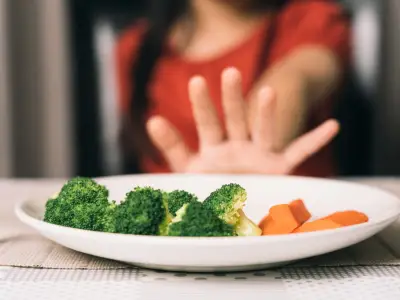Ayurveda is one of the world’s oldest healing modalities. Originating in India, it is a holistic system that offers individuals bespoke health, well-being and spiritual strategies centred around the constitution they were born with. Ayurveda uses diet, exercise and herbal remedies to bring balance to the body’s natural constitution.
Believing that lifestyle factors such as poor diet and stress can imbalance, Ayurvedic treatments seek to restore constitutional harmony within the body. Here you will learn which Ayurvedic herbs are best suited to balancing your individual constitution.
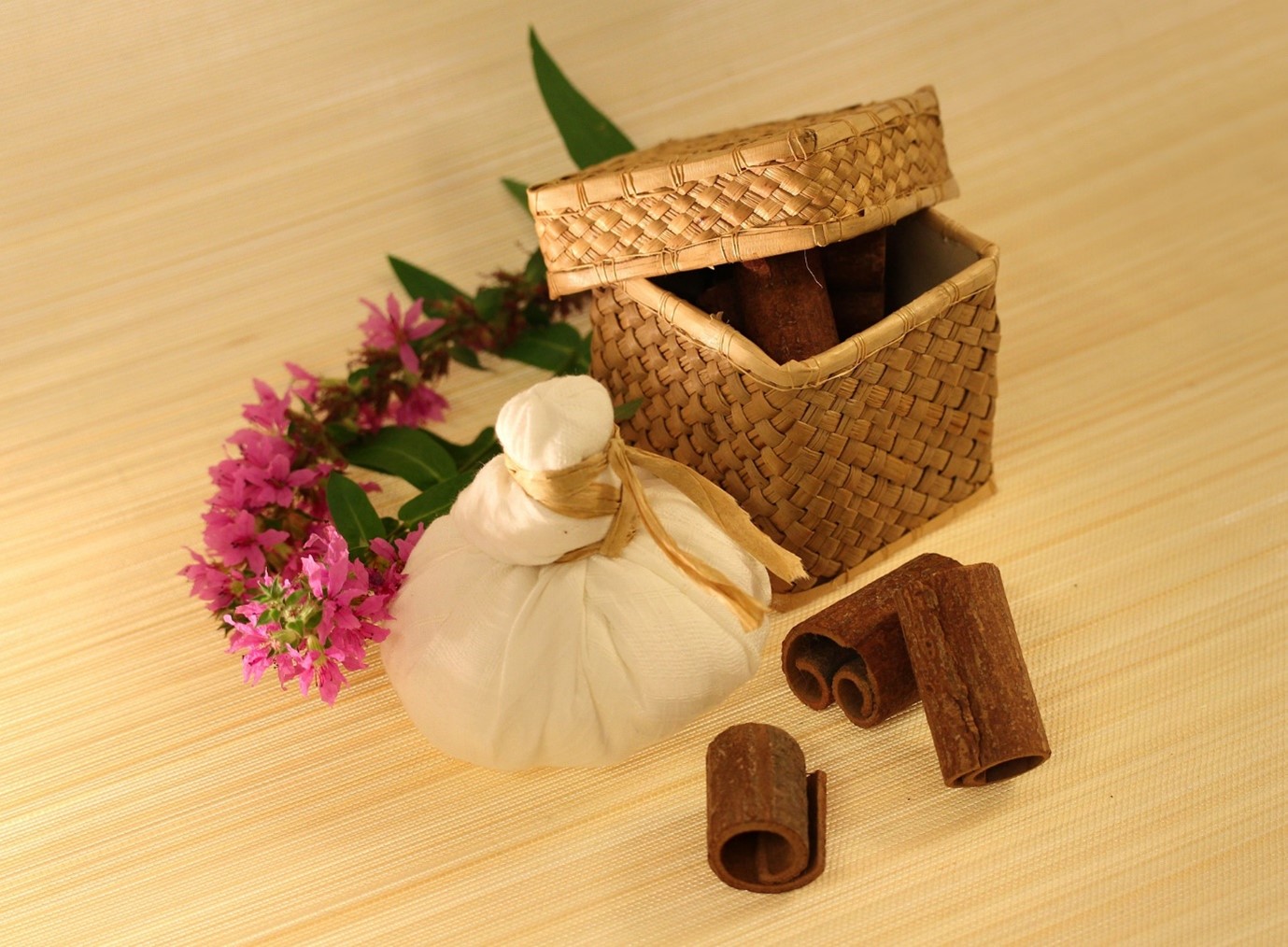
Discovering your Dosha
The three main Ayurveda body types(known as the three doshas) are vata, pitta and kapha. Each dosha has defining characteristics which you can use to work out your body type.
Take a read through the physical and personality traits associated with each dosha and see if you can spot yours. You can then use this information to help you choose Ayurvedic herbs for grounding you spiritually and promoting health and balance in your body.
You might have a vata constitution if you have:
- Bursts of energy, then need to rest
- A naturally slim build and find it hard to gain weight
- Large, prominent joints
- Small, dark eyes
- Dry skin
- Thin, dry or brittle hair
- Poor circulation
- Exciting or frightening dreams and tend to be a light sleepier
- A love for socialising, partying and travel
- A creative mind and a good ability to multitask at work and home
- A compassionate personality and find it easy to communicate

Doesn’t sound like you? Perhaps you’re a pitta type. These individuals have:
- A medium frame and a well-proportioned body
- A good appetite and steady energy levels
- Beautiful eyes and a thin nose
- Freckles and moles
- Fine hair that is usually red, light brown, or blonde
- A tendency to go grey or bald prematurely
- Difficulty in warmer temperatures – preferring things a little cooler
- The ability to sleep through the night well, despite being light sleepers
- An organised and meticulous manner - in their homes, at work and in their appearance
- A happy and joyful disposition, but they can be impatient
- A high intelligence, being excellent communicators and cool under pressure
- An adventurous spirit, and they are courageous, outgoing and competitive
Meanwhile, individuals with a kapha constitution have:
- Big bones and a curvaceous body type
- Oily skin and hair
- Thick, wavy or curly hair
- Impressive resilience and stamina for dealing with long term stress
- Slow, steady energy levels
- Lengthy, deep sleeps
- A preference for dry, warm climates but dislike high heat and humidity
- Many friends thanks to their kind, caring and compassionate nature
- Solid careers, especially in caring roles
- A love of the slow, laid back and comfort-driven way of life
- Beautiful, comfortable homes that you can relax in
Once you’ve figured out your Ayurvedic body type, you can call upon the ancient wisdom of the Ayurvedic healers to choose herbs that balance your dosha. Balancing your dosha is the tactic used by practitioners because they believe when your dosha is knocked out of balance, you can start to suffer with physical ailments, accumulations of toxicity in the body, an inability to fight off infections and a decline in your emotional and spiritual wellness.
Below you can enjoy meeting a range of dosha-specific herbs that have been used safely for thousands of years. It’s important to note that certain medications and health conditions can make the use of individual herbs unwise. Always research a herb’s contraindications before you start using it.
Vata Pacifying Herbs
When the vata dosha becomes imbalanced, there are a few classic signs, including anxiety, digestive issues (such as bloating and constipation), dryness in the body and on the skin, and an inability to sleep well. The following herbs can be used to balance this dosha and promote good health.
Ashwagandha
The root of the ashwagandha plant is used as a herbal remedy, and this is superb for calming stress and anxiety when a vata individual is out of balance. It can be very helpful for sleep disturbances, such as frequent waking or difficulty dropping off.
This herb is known as an adaptogen, which means it helps the body deal with stress more effectively. When a vata type is struggling, feeling overwhelmed, and trying to do too much, the use of ashwagandha may help bring calmness, allowing them to deal with issues more effectively.
Ginger
The warming nature of this famous spice is just what you need when a vata imbalance leads to cold hands and feet due to poor circulation. Ginger is also one of our best allies for the digestive system. Not only does it have a remarkable ability to stop us from feeling nauseated, but it can also counter the spasms and cramping in the intestine, which are classic symptoms of vata troubles.
Although it may seem counterintuitive because the taste of ginger is so fiery, this Ayurvedic herb can help reduce inflammation in the body.
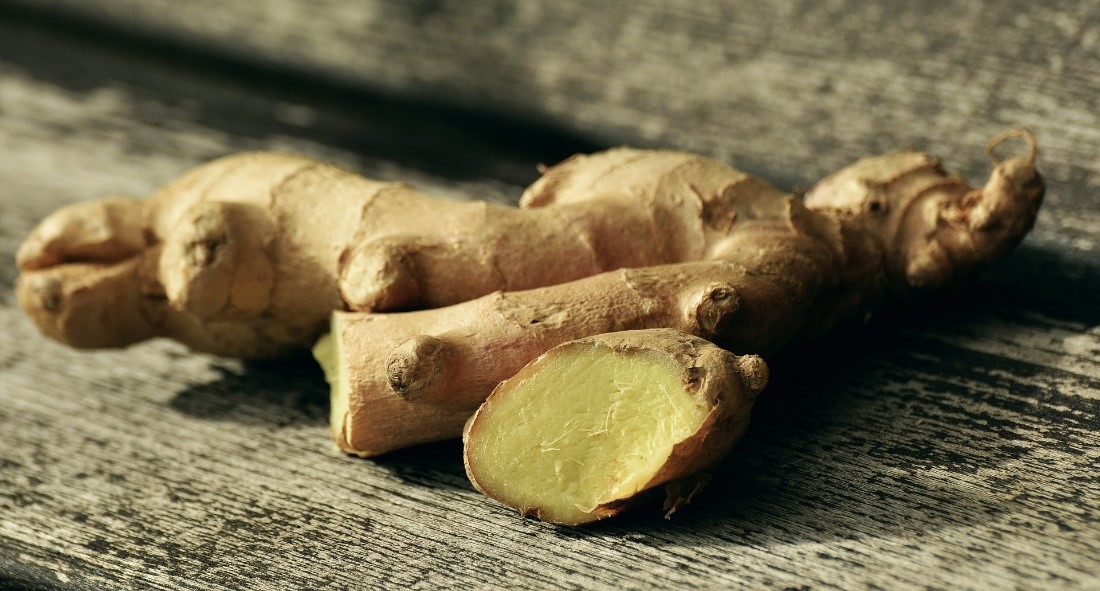
Herbs to Balance Pitta
Signs that your pitta dosha may have fallen out of balance include excess heat in the body. You may experience this as inflammation on the skin or within the stomach, intestines or joints. Imbalanced pitta may also cause diarrhoea, indigestion and nausea, and you may feel easily irritated. In Ayurveda, cooling and calming herbs are called upon to balance the pitta dosha, including:
Amalaki
Also known as Indian gooseberry, amalaki is a little round, green fruit known for its strengthening, rejuvenating and pitta-balancing properties. It can help settle digestive issues, and it is used to enhance the digestion of foods to improve nourishment.
Packed with vitamin C, this remedy can be used to support the immune system, for example, when your feel yourself coming down with a cold.
Amalaki can counter the heat caused by a pitta imbalance with its cooling, moistening properties, and it is seen as a nutritious remedy to help support the whole body.
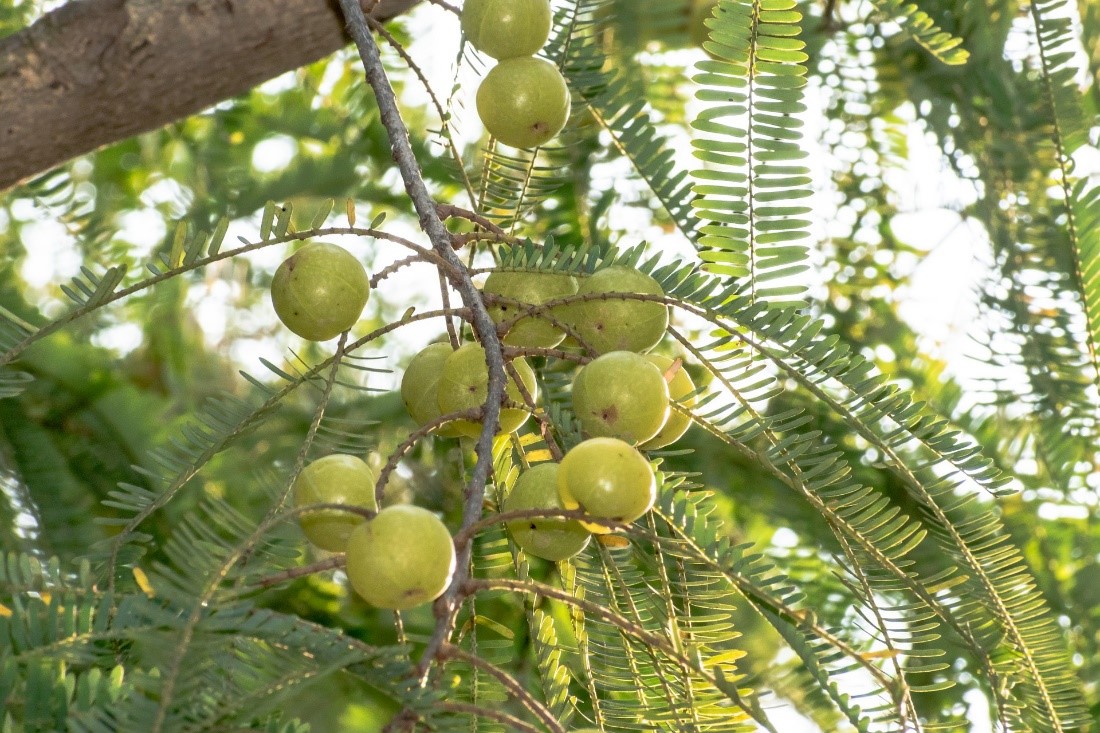
Shatavari
Related to asparagus, shatavari is the ideal cooling, soothing remedy for pitta types who are feeling heat rising in their body or through their emotions. Another example of an adaptogen, this grounding herb can help pitta imbalanced individuals who feel tense and stressed.
You can use this herb to calm pitta-driven digestive issues, such as indigestion, IBS and heartburn. Shatavari’s ability to cool heat can be harnessed when a menopausal woman is experiencing hot flushes.
Keeping Kapha Calm
When it comes to choosing herbs to calm kapha imbalances, you need to turn to those with warming, stimulating and drying properties. This is because when kapha is imbalanced in the body, we can see dampness in the tissues and joints, excess oil on the skin and too much mucus in the nose and lungs. An imbalanced kapha type can feel slow, heavy and lethargic, and this can extend to their mind, too, making it hard to focus.
Useful herbs for the imbalanced kapha individual are:
Tulsi (Holy Basil)
An aromatic and warming herb, tulsi is beloved within Ayurveda. When it comes to kapha individuals, this adaptogenic herb helps to sharpen the mind, calming without sedating – which is just what you might need when this dosha is unsettled.
Tulsi is useful when there is excess kapha in the lungs, making it helpful for chesty coughs and runny noses. It has also traditionally been used to support the cardiovascular and immune systems.
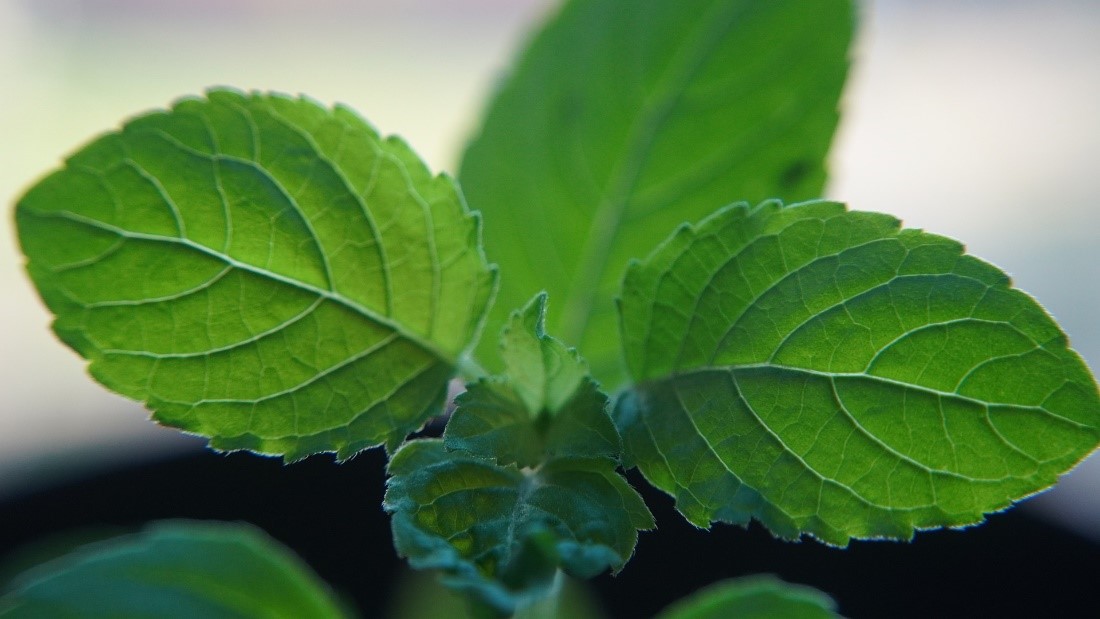
Panax Ginseng
This stimulating herb can help to counter excess kapha, perking up a body and mind that feel sluggish and slow. Its immune-stimulating properties are ideal for imbalanced kapha types who have a depleted immune system and keep falling ill with the likes of coughs, colds and sore throats.
Panax ginseng is a great example of why taking the constitution into consideration is useful when choosing Ayurvedic herbs. While this herb works well for a body that is running a little “slow”, if you gave it to a vata or pitta type who was imbalanced, it may be overly stimulating, drying and too warming.
If you’d like to master the art of choosing the right Ayurvedic herbs for your constitution, studying an accredited course will help you learn all about the principles of this healing system and how they are applied when picking herbal remedies.
If you'd like to learn more, our Ayurvedic Herbalism Diploma Course is currently available for just £29 for a limited time (reduced from £147).




